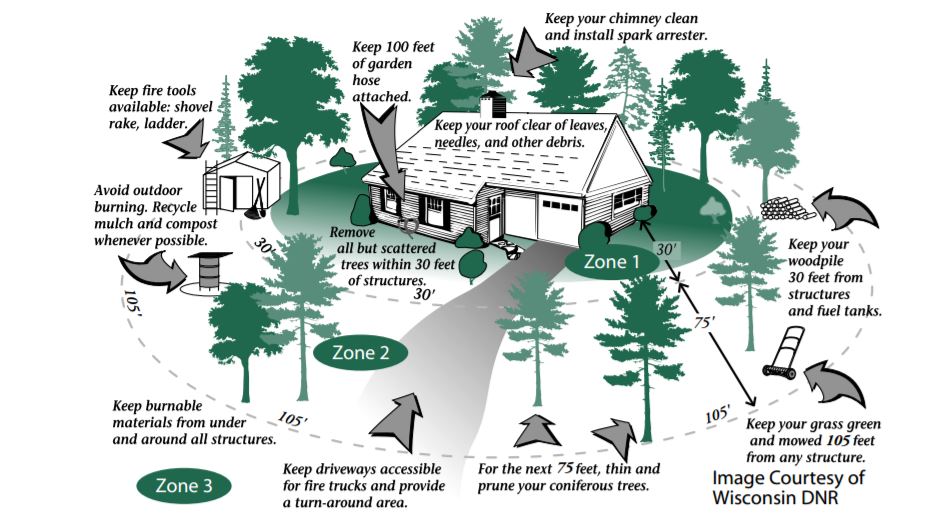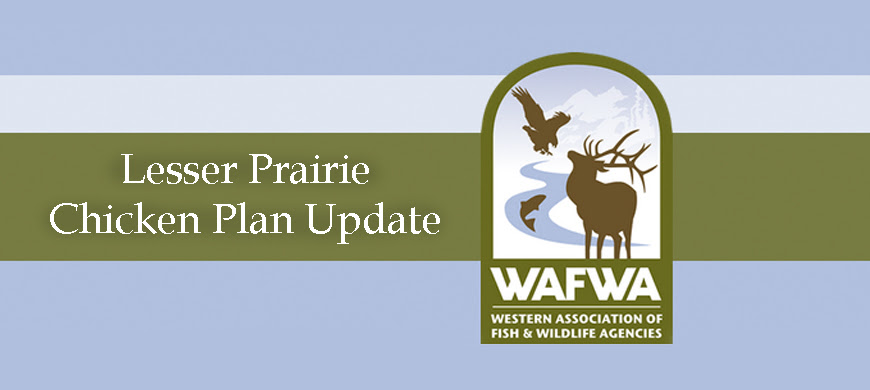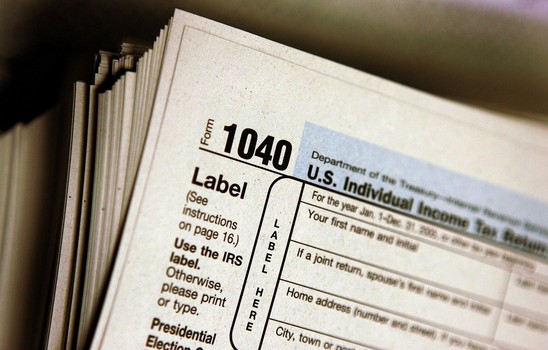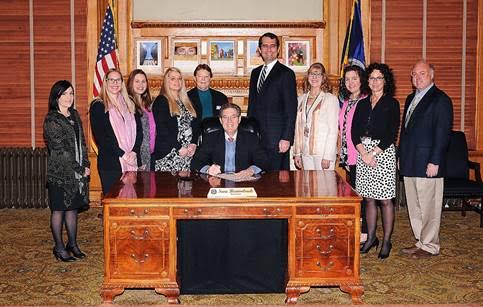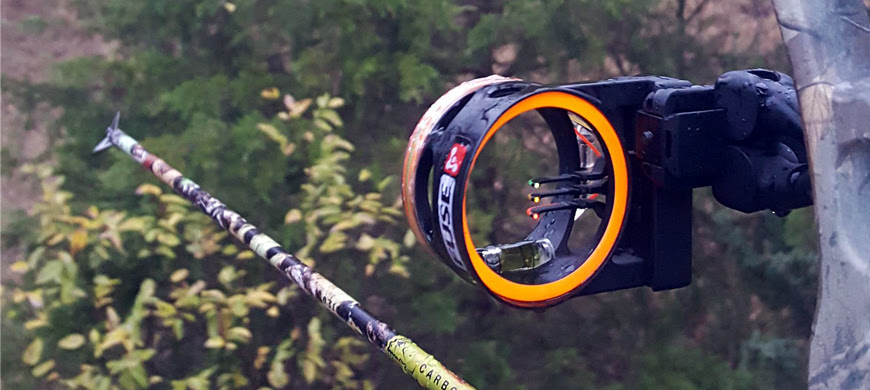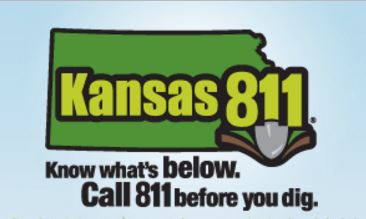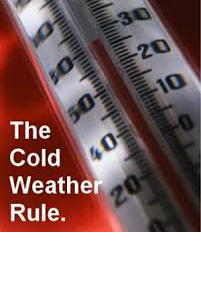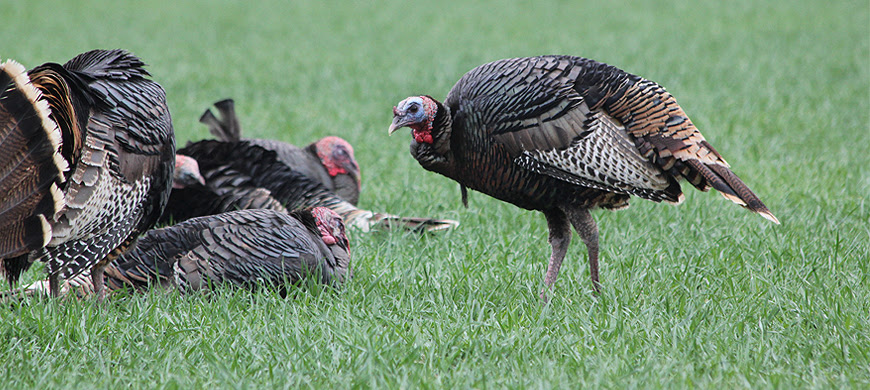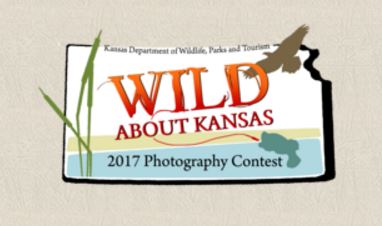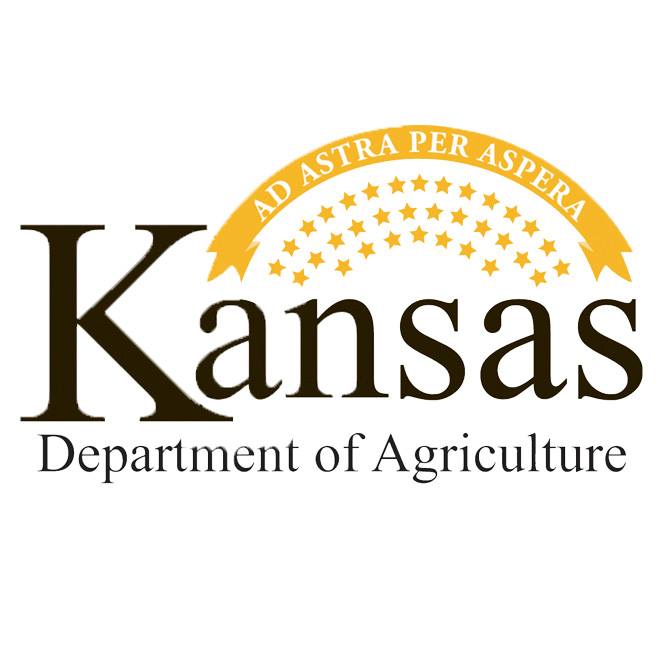
KID
TOPEKA—The Kansas Insurance Department (KID) can provide personal insurance assistance and information to Kansans affected by recent fires throughout the state, according to Ken Selzer, CPA, Kansas Commissioner of Insurance. The department also has a new fire prevention video available.
“The aftermath of the recent western Kansas wildfires and the major fire event in Overland Park is emotional for property owners, so we suggest that they work through their insurance companies’ claims process as best as they can,” said Ken Selzer, CPA, Kansas Commissioner of Insurance. “But representatives on our Consumer Assistance Hotline, 800-432-2484, are ready to assist those who have questions or concerns about their insurance coverage. We believe that the insurance companies have responded well to their policyholders’ concerns, but we also stand ready to assist if needed.”
To help prevent loss from future fires, the Commissioner said, KID produced a video discussing fire zone defensible areas around housing.
Additionally, approximately 800 informational packets were mailed to insurance agencies and related entities in the western half of Kansas. The packets contained a “Wildland Fire Action Guide” distributed by the United States Department of Agriculture Forest Service, the KID “Auto and Homeowners Insurance” booklet, and a KID “Personal Inventory” booklet.
“All of those booklets are available to Kansans through our website, www.ksinsurance.org,” Commissioner Selzer said. “They contain valuable tips on acquiring and maintaining auto and homeowners insurance, how to inventory your belongings, and how to provide a barrier to encroaching fire through preventive landscaping.”
Also available through the National Association of Insurance Commissioners website are Disaster Prep Guides. To access them, go to https://www.insureuonline.org/insureu_special_disaster.htm.
